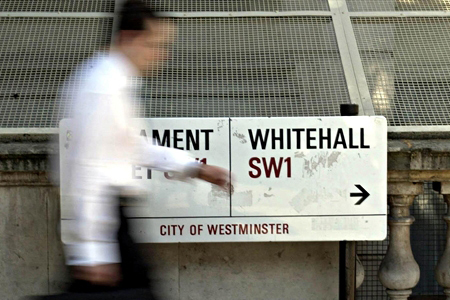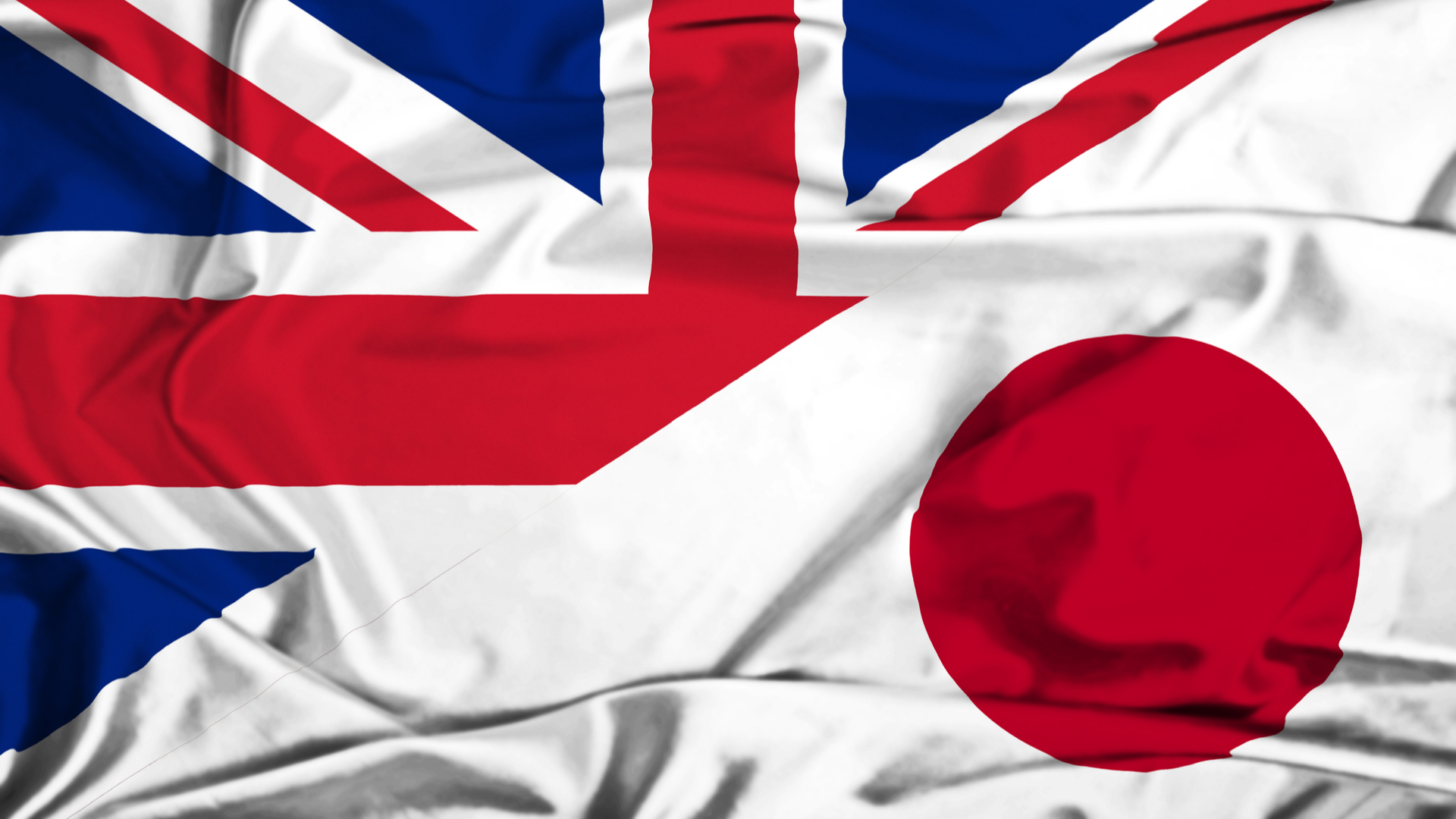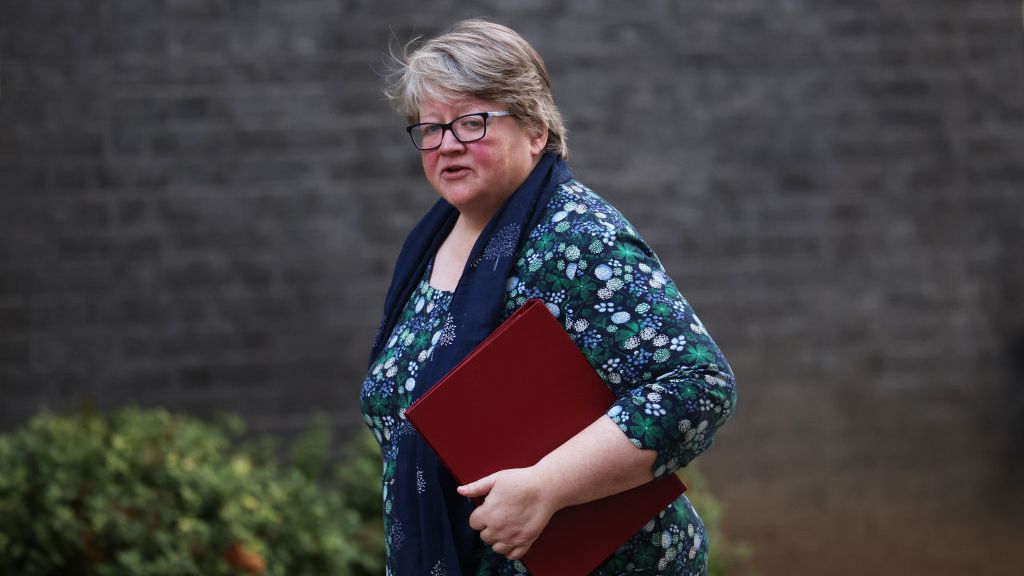Government accidentally leaks counter-terrorism tools via Trello
Hundreds of sensitive documents also revealed thanks to poor security settings - report


Details about the inner workings of the UK government have been accidentally leaked online, thanks to unsecure use of a web-based project management tool, it is claimed.
Hundreds of confidential documents from the Cabinet Office and Home Office were reportedly available via a Google search, including details of government anti-terrorism tools and instructions for how to go about obtaining entry passes for government buildings.
The calendar appointments of civil servants were also allegedly accessible, allowing hackers to potentially trace who government figures are meeting and what they are meeting about.
The trove even included names, phone numbers and personal email addresses for top civil servants like the prime minister's head of cross-government business engagement, potentially leaving senior government figures open to phishing attacks like the one that allegedly allowed Russian hackers to sway the US elections.
The alarming news was revealed by a Sunday Telegraph investigation, which found that the information - which may have been available for up to four years - was leaked via poor configuration and use of Trello, a cloud-based project management tool.
Trello is commonly used to manage the workflows of individual teams within an organisation, using a system of kanban-style 'boards'. By default, these boards are set to 'private', so that only members of the relevant team can access them. They can, however, be set to 'public', which allows anyone with the correct link to access them.
Crucially, it also allows those boards to be indexed by search engines like Google, which means that searching for certain keywords found within the boards - such as government departments, topic areas or civil servants - would result in the boards themselves (as well as specific files and task cards within them) showing up on a Google search.
Sign up today and you will receive a free copy of our Future Focus 2025 report - the leading guidance on AI, cybersecurity and other IT challenges as per 700+ senior executives
The Sunday Telegraph's investigation found that at least ten government Trello boards were set as publicly accessible. These boards have now been switched to private, but certain parts of their contents remain accessible via Google searches.
The use of Trello within government is part of a wider digital transformation drive, encouraging civil servants to use mobile, cloud-based collaboration and productivity tools, rather than relying on older, less agile methods like email. The drive was initially started in 2013 by the Government Digital Service, and included tools like Skype and Twitter in addition to Trello.
"We take data protection very seriously, and impress upon all government departments to exercise best practice and implement suitable measures to ensure data is secure when using platforms such as Trello boards," a government spokesperson told IT Pro.
"The Government Digital Service and Trello are working with government departments to ensure any data breached is made secure. Trello has offered to make all government accounts private, to ensure data is better protected in the future."
Adam Shepherd has been a technology journalist since 2015, covering everything from cloud storage and security, to smartphones and servers. Over the course of his career, he’s seen the spread of 5G, the growing ubiquity of wireless devices, and the start of the connected revolution. He’s also been to more trade shows and technology conferences than he cares to count.
Adam is an avid follower of the latest hardware innovations, and he is never happier than when tinkering with complex network configurations, or exploring a new Linux distro. He was also previously a co-host on the ITPro Podcast, where he was often found ranting about his love of strange gadgets, his disdain for Windows Mobile, and everything in between.
You can find Adam tweeting about enterprise technology (or more often bad jokes) @AdamShepherUK.
-
 Trump's AI executive order could leave US in a 'regulatory vacuum'
Trump's AI executive order could leave US in a 'regulatory vacuum'News Citing a "patchwork of 50 different regulatory regimes" and "ideological bias", President Trump wants rules to be set at a federal level
-
 TPUs: Google's home advantage
TPUs: Google's home advantageITPro Podcast How does TPU v7 stack up against Nvidia's latest chips – and can Google scale AI using only its own supply?
-
 ‘Hugely significant’: Experts welcome UK government plans to back down in Apple encryption battle – but it’s not quite over yet
‘Hugely significant’: Experts welcome UK government plans to back down in Apple encryption battle – but it’s not quite over yetNews Tulsi Gabbard, US director of national intelligence, has confirmed the UK plans to back down on plans that would see Apple forced to create a "back door" for authorities.
-
 ‘A huge national security risk’: Thousands of government laptops, tablets, and phones are missing and nowhere to be found
‘A huge national security risk’: Thousands of government laptops, tablets, and phones are missing and nowhere to be foundNews A freedom of information disclosure shows more than 2,000 government-issued phones, tablets, and laptops have been lost or stolen, prompting huge cybersecurity concerns.
-
 The UK cybersecurity sector is worth over £13 billion, but experts say there’s huge untapped potential if it can overcome these hurdles
The UK cybersecurity sector is worth over £13 billion, but experts say there’s huge untapped potential if it can overcome these hurdlesAnalysis A new report released by the DSIT revealed the UK’s cybersecurity sector generated £13.2 billion over the last year
-
 "Thinly spread": Questions raised over UK government’s latest cyber funding scheme
"Thinly spread": Questions raised over UK government’s latest cyber funding schemeThe funding will go towards bolstering cyber skills, though some industry experts have questioned the size of the price tag
-
 Threat of cyber attacks to national security compared to that of chemical weapons
Threat of cyber attacks to national security compared to that of chemical weaponsNews The UK government has raised the threat level posed by cyber attacks, deeming it greater on average than an event such as the Salisbury poisoning
-
 2022 Public Sector Identity Index Report
2022 Public Sector Identity Index ReportWhitepaper UK Report
-
 UK and Japan strike digital partnership to collaborate on IoT security, semiconductors
UK and Japan strike digital partnership to collaborate on IoT security, semiconductorsNews The two countries are also set to align their approaches to digital regulation to make it easier for companies to operate in each nation
-
 Defra's legacy software problem 'threatens' UK gov cyber security until 2030
Defra's legacy software problem 'threatens' UK gov cyber security until 2030News The department spends over two-thirds of its digital budget on maintaining the risky applications, with no plan in place for a fix within the decade
